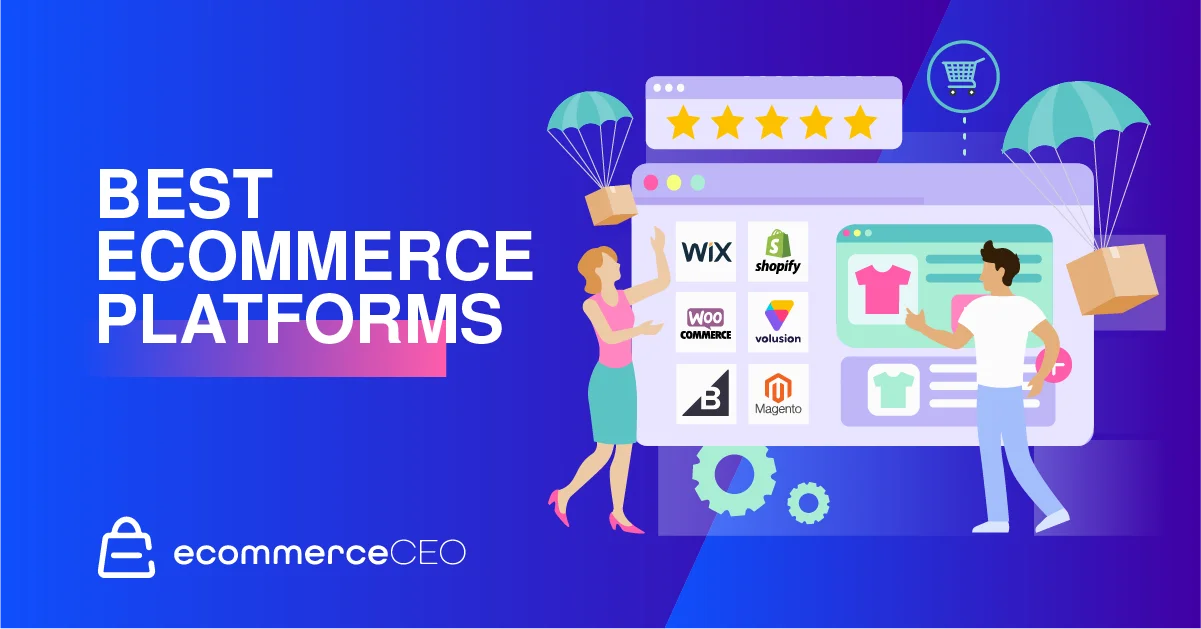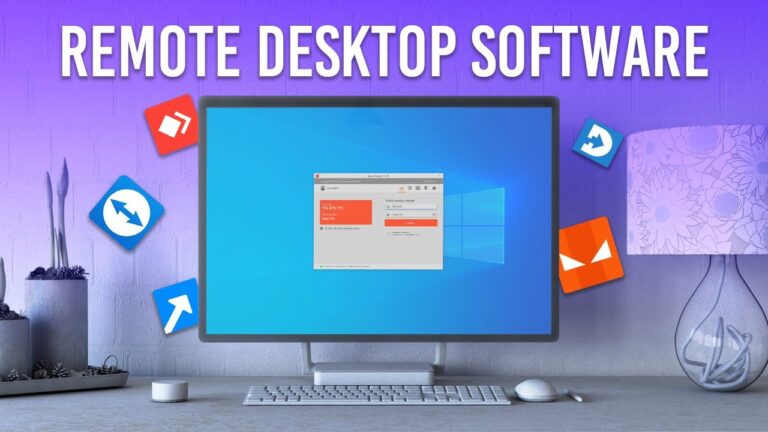7 best e-commerce platforms/apps for startups
Last Updated on May 23, 2024 by Jhonni Jets
With e-commerce poised for continued growth in the coming years, starting an online store has never been more appealing for entrepreneurs. However, choosing the right e-commerce platform is crucial for success. Here are the top 7 options for new businesses to consider, along with details on their key features and pricing.
Shopify
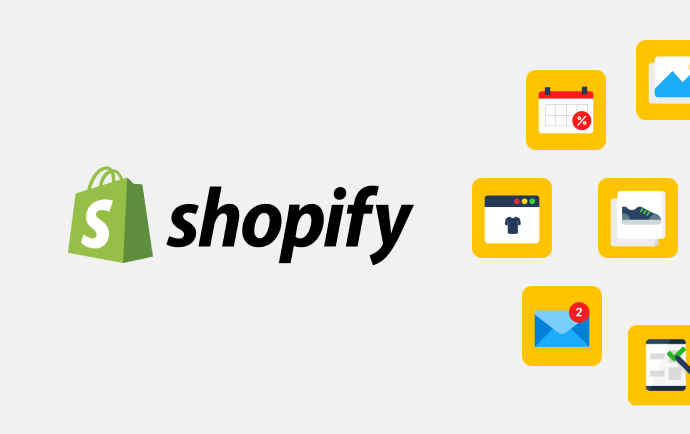
Shopify is consistently ranked as one of the best e-commerce platforms, thanks to its ease of use and wide range of features. It comes with everything needed to build an online store out of the box, including a drag-and-drop theme editor, robust inventory management tools, and powerful marketing capabilities. Shopify also has a huge ecosystem of developers and apps. Stores can be customized extensively without any coding knowledge. The basic Shopify plan starts at $29/month and offers all core e-commerce features. Higher plans provide additional capabilities like additional staff accounts and transaction fees. Overall, Shopify is a great all-in-one solution for new businesses to get started quickly.
Table of Content
WooCommerce
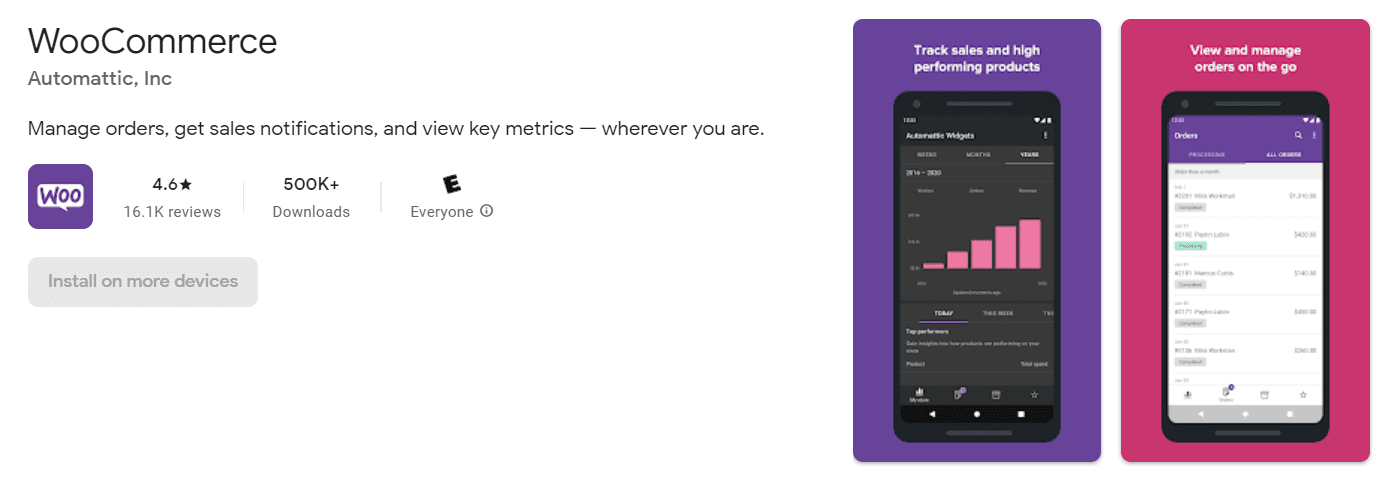
As the most popular e-commerce plugin for WordPress, WooCommerce offers a free and flexible option for entrepreneurs. While requiring more technical knowledge than Shopify for setup and customization, WooCommerce leverages the power of WordPress and its vast ecosystem. This provides retailers extensive control over the design and functions of their online stores. WooCommerce also has comprehensive features for products, payments, shipping, and inventory along with powerful marketing extensions. The plugin itself is free to use, though hosting, themes, and some add-ons require paid plans. Overall, WooCommerce is a cost-effective choice for tech-savvy startups that want total control over their online presence.
BigCommerce
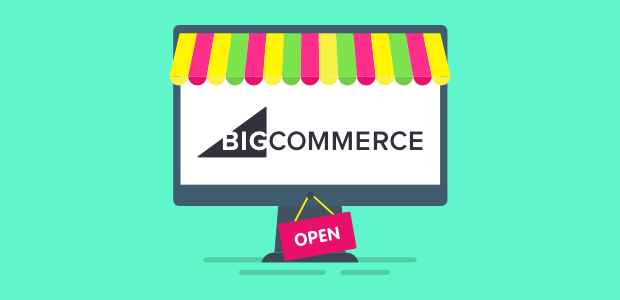
BigCommerce strikes a nice balance between ease of use and customizability. Its drag-and-drop tools allow new store owners to build beautiful online stores without coding, while also providing flexibility through APIs and a third-party app marketplace similar to Shopify. BigCommerce also has professional-grade features like A/B testing, POS integration, and native multi-channel selling. Pricing starts at $29.95 per month for the basic plan and scales up based on store needs and sales volume. BigCommerce is well-suited for growing businesses that want both automated store management and room for custom features down the road. Its functionality and APIs make it a top choice for enterprises as well. Overall, it delivers strong functionality at competitive price points.
Magento
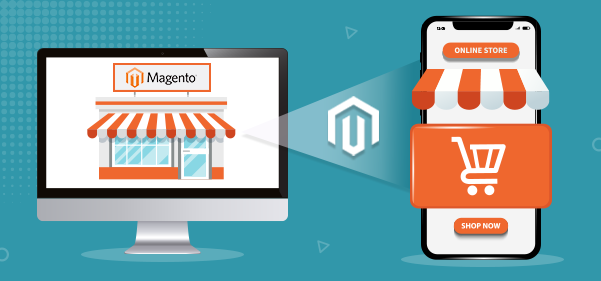
As the leading open-source ecommerce platform, Magento Enterprise provides immense flexibility and capabilities for complex storefronts. However, due to its flexibility, Magento requires strong technical skills and development resources to customize, maintain and optimize stores. The open-source Community version also requires self-hosting and ongoing maintenance. While powerful, Magento has a steep learning curve that may not suit non-technical founders. That said, for large-scale retailers with development teams, Magento offers endless personalization options and integrations through its vast extension ecosystem and APIs. It can scale with a business’ needs. However, the investment in developer time makes it less ideal for simple storefronts or startups on tight budgets.
Squarespace

Squarespace has become one of the top choices for beautifully designed, all-in-one websites. While focusing more on overall web presence instead of just e-commerce, Squarespace provides all the necessary selling and inventory tools through an intuitive interface. Stores can be created visually with professionally designed templates rather than code. The platform handles hosting, security, and software updates automatically. However, Squarespace lacks some deeper functionality found on specialized platforms. The basic Commerce plan starts at $26/month with transaction fees but lacks key features like advanced inventory and reports. It remains best for simple stores primarily focused on design rather than complex operations. But for marketers keen on visuals first, Squarespace stores are elegant and easy to launch.
Digital.com eCommerce
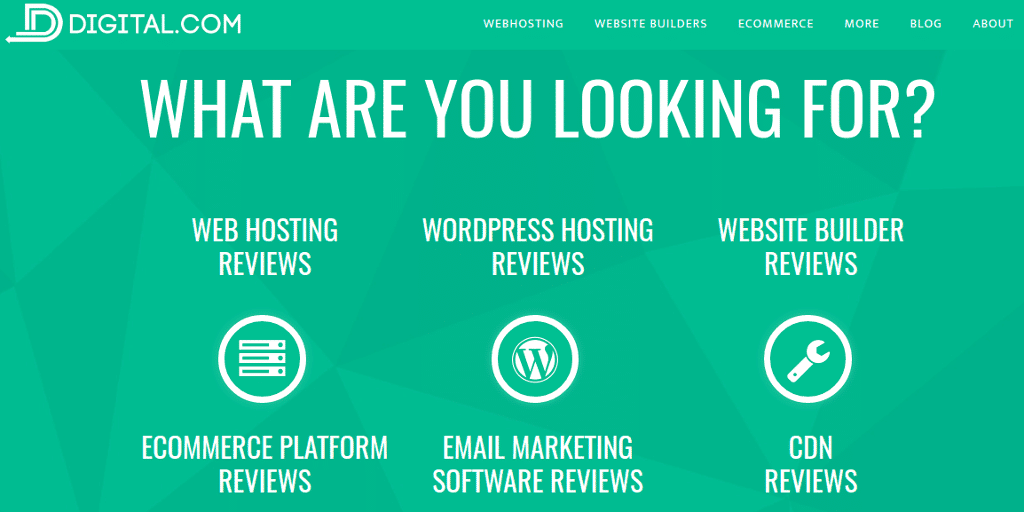
Digital.com eCommerce Platform provides all the necessary tools for SMBs to sell online through an intuitive interface. Features include professional-grade themes, marketing automation, payment processing and inventory control. Basic plans start at $79/month with no transaction fees. Digital.com differentiates through white-glove customer support from industry experts along with training resources. This makes it a lower-risk option for new entrepreneurs who want hands-on guidance. Integrations with popular platforms like Shopify are also available. While not the most robust or customizable, Digital.com is well-suited for small businesses ready to invest in personalized onboarding and support during the startup phase.
3dcart

3dcart caters well to SMBs and niche retailers through its diverse range of highly customizable themes and extensions. Features include flexible product options, abandoned cart recovery, loyalty programs and targeted marketing tools. Shared hosting plans start from $49/month. 3dcart also supports dropshipping, marketplaces and B2B capabilities. However, customizing advanced features requires coding knowledge. While robust for flexible design and operations, 3dcart has a steeper learning curve than drag-and-drop competitors. Best suited for established retailers focused on unique storefronts rather than initial ease of setup. Strong SDK and APIs are useful for technical teams.
Conclusion
In conclusion, the e-commerce landscape offers diverse solutions to suit varying needs. For new ventures prioritizing rapid launch over elaborate customization, Shopify, BigCommerce and WooCommerce provide comprehensive all-in-one platforms. Enterprises with development resources can leverage the raw power of Magento or 3dcart. Meanwhile, SMBs benefit from the affordability of platforms like Volusion, Digital.com and Squarespace. Careful evaluation of business goals, technical skills, budget and future scalability help determine the optimal platform to power each unique online venture.

